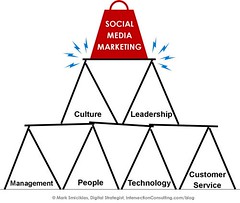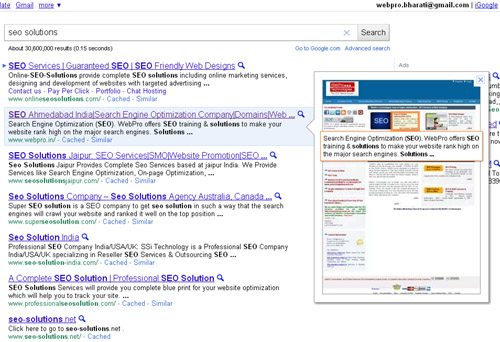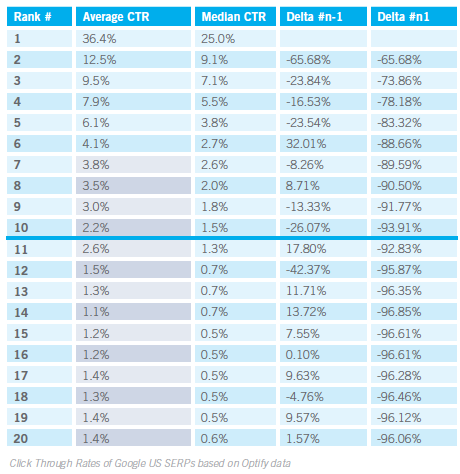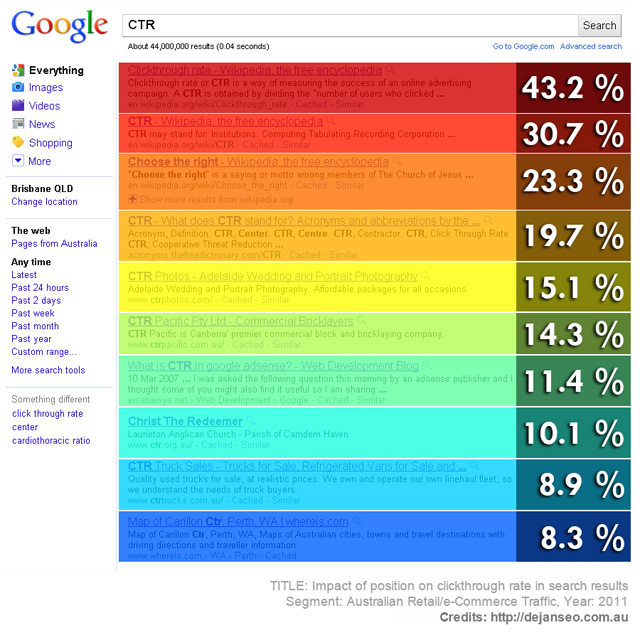Author : Bharati Ahuja
 Image by Intersection Consulting via Flickr
Image by Intersection Consulting via Flickr
The internet has changed the way we think and execute our professional and personal interactions and activities. It has touched the lives of all age groups in accordance to their need and requirement.
Moreover, its high time we accept it whole heartedly with full positivity as the internet and its technologies are here to stay and have already got woven as a part of the DNA of our day to day lives. Whether you are a grandchild , parent or a grandparent everyone is using the internet in some way or the other.
From the business perspective the internet is the lifeline of every office. All the activities come to a stand still if the broadband or wifi is down for some time as the office just cannot function if the data packets are not flowing to and fro through the router.
From the marketing perspective too, the focus is on search marketing and bringing people to your website and having a web presence on the online platforms where the netizens are available in numbers.
Optimizing a site for search engines is a must for the search engine presence . Majority of your targeted visitors reach your site via search engines hence ranking high for targeted keywords is important. For that it is highly essential to have the on-page optimization as per the norms of the search engines of course, but it is all the more important to have an over all quality web presence on the web to retain your position on the SERPs.
Having a good quality website with great content is laying the foundation stone for your web presence but it does not end there . The edifice of your web presence will get structured only when you have a presence on all the search options and social media. This web presence will get solidarity and brand recognition the following metrics in the formulae are put into practice with proper planning and expertise.
Good UX (User Experience) + Trust Factor + Social Factor + Domain Authority = Factors Affecting SERPs , CTR , CR and ROI
If the website is ranking high for targeted keywords on the search engine options and has a good UX then the probability of a high CTR (Click Thru Rate), More Time on Site and a low bounce rate increases
A good social media presence and discussions which prove your expertise in your niche industry boost your social factor and trust factor
A good SEO campaign works on all these factors and as the internet is a network of networks, all these factors are also inter-woven with each other and the improvement in one metric ensures improvement in another. No factor can be considered in isolation and then worked upon or focused upon. Every website is unique and which factor needs to be given priority in the campaign will depend on how well your SEO does the SEO audit before he/she starts working on it.
As you can see that all this can be achieved only through team effort. It is not only your SEO who is responsible for the success of your online marketing campaign but all the members of your web development , marketing and management teams are also responsible as many times your SEO company cannot achieve the set targets without their cooperation and understanding.
























